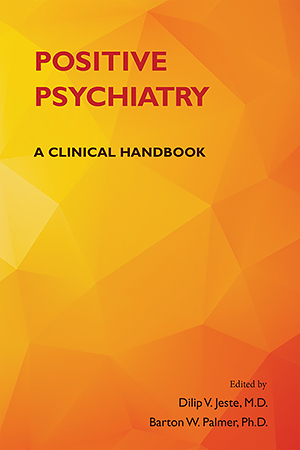Sections
Excerpt
In this chapter we explore the contribution of positive psychology to the theory and practice of supportive and psychodynamic therapy and make three major points: 1) Positive emotion and negative emotion coexist in our patients, and this requires that we conceptualize how a psychotherapy impacts positive experiences as well as suffering, and strengths along with limitations. 2) Supportive psychotherapy is better characterized as the application of positive psychology principles directed toward enhancing positive emotions and experiences than it is by its traditional defining elements, the bolstering of defenses and avoidance of exploratory interventions. 3) The traditional psychodynamic and psychoanalytic notions of therapeutic alliance, working through, and termination can be deepened and expanded by insights from positive psychology. We conclude the chapter by discussing the role of positive psychology on medical education. Our ideas are reflective and theoretical and suggest new avenues for empirical study.
Access content
To read the fulltext, please use one of the options below to sign in or purchase access.- Personal login
- Institutional Login
- Sign in via OpenAthens
- Register for access
-
Please login/register if you wish to pair your device and check access availability.
Not a subscriber?
PsychiatryOnline subscription options offer access to the DSM-5 library, books, journals, CME, and patient resources. This all-in-one virtual library provides psychiatrists and mental health professionals with key resources for diagnosis, treatment, research, and professional development.
Need more help? PsychiatryOnline Customer Service may be reached by emailing [email protected] or by calling 800-368-5777 (in the U.S.) or 703-907-7322 (outside the U.S.).



